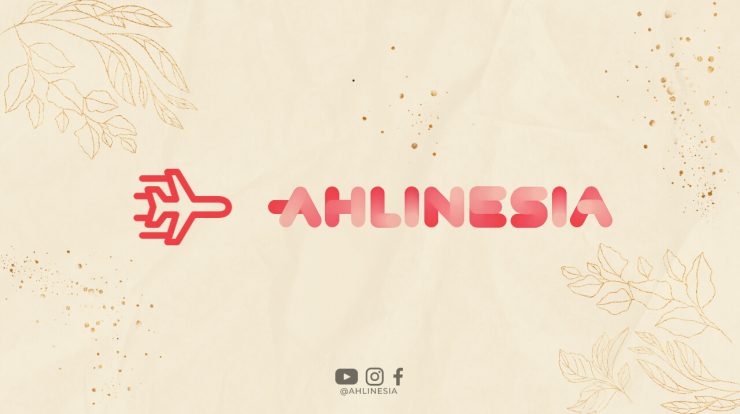
Studying abroad is an exciting opportunity that allows you to immerse yourself in a new culture, gain valuable education, and broaden your horizons. Australia is a popular destination for international students due to its high-quality education system and diverse environment. If you’re considering studying in Australia, it’s crucial to understand the kind of visa you’ll need to make your dreams come true.
Student Visa (Subclass 500)
The most common visa for international students studying in Australia is the Student Visa (Subclass 500). This visa allows you to stay in Australia for the duration of your study program and provides you with work rights to support yourself financially during your stay.
When applying for a Student Visa, you’ll need to enroll in a registered course or education institution in Australia. You’ll also need to meet certain English language proficiency requirements, health and character requirements, and have adequate health insurance coverage.
English Language Intensive Courses for Overseas Students (ELICOS) Visa (Subclass 570)
If you’re planning to study English language courses in Australia before commencing your main course, you may need to apply for an English Language Intensive Courses for Overseas Students (ELICOS) Visa. This visa is suitable for students who want to improve their English skills before starting their academic program.
The ELICOS Visa allows you to stay in Australia for the duration of your English language course and provides limited work rights. Once you complete your English course, you’ll need to apply for a new student visa to continue your studies in Australia.
Higher Education Sector Visa (Subclass 573)
If you’re planning to pursue a Bachelor’s degree, Associate degree, Graduate Certificate, or Graduate Diploma in Australia, you’ll need a Higher Education Sector Visa. This visa allows you to study at an Australian university or higher education institution.
When applying for the Higher Education Sector Visa, you’ll need to provide proof of enrollment in a registered higher education course, meet the English language requirements, and demonstrate sufficient funds to cover your living expenses in Australia.
Postgraduate Research Sector Visa (Subclass 574)
If you’re planning to undertake a Masters by Research or a Doctoral degree in Australia, you’ll need a Postgraduate Research Sector Visa. This visa allows you to study and conduct research at an Australian university or research institution.
When applying for the Postgraduate Research Sector Visa, you’ll need to have received an offer of enrollment from an Australian education provider, provide evidence of your research project, and meet the English language requirements.
Vocational Education and Training Sector Visa (Subclass 572)
If you’re interested in vocational education and training courses, such as trade or certificate programs, you’ll need a Vocational Education and Training Sector Visa. This visa allows you to gain practical skills and knowledge in a specific field.
To apply for this visa, you’ll need to be enrolled in a registered vocational education and training course, meet the English language requirements, and show proof of sufficient funds to cover your living expenses in Australia.
Conclusion
When planning to study abroad in Australia, it’s important to understand the type of visa you’ll need to ensure a smooth and successful journey. The Student Visa (Subclass 500) is the most common visa for international students, but there are specific visas available for English language courses, higher education, postgraduate research, and vocational education and training.
Remember to carefully review the requirements for each visa subclass, including course enrollment, English language proficiency, health insurance, and financial capabilities. Applying for the correct visa will help you make the most of your study abroad experience in Australia!






